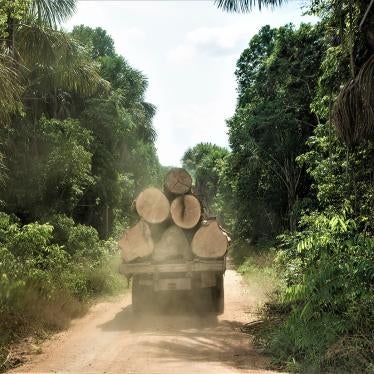Since the US seized control of Guam during World War II, its military has turned the Pacific island into a fortress, destroying cultural sites, food sources, and limestone forests that contain medicinal plants used by the Indigenous Chamorro people.
But on October 14, a Chamorro-led advocacy group, Prutehi Litekyan: Save Ritidian (Prutehi), submitted a complaint to the United Nations special rapporteur on the rights of Indigenous peoples, alleging various human rights violations committed by the US government against the Chamorro people.
The complaint details the ongoing US colonization of Guam, one of the last formally recognized colonies in the world. It describes impacts of US military expansion on the island, including destruction or endangerment of sacred sites, critical habitat, and the island’s freshwater source, all of which harm environmental and human health.
The US is the colonial administrator of the territory and is obligated under international law to uphold the right to self-determination of the people of Guam. Despite being US citizens, Chamorro people have no meaningful representation within the US political system as colonial subjects: they have no representation in Congress and no right to vote in US presidential elections.
Since 2023, Human Rights Watch has been investigating the impact of US military expansion on the island. Several Chamorro activists and academics have asserted to Human Rights Watch that the US government is engaged in systematic efforts to undermine Guam’s decolonization efforts and Chamorro aspirations for self-determination. There are also allegations that the military expansion has been destroying and otherwise limiting access to traditional harvesting grounds for medicinal plants, thereby affecting the ability of Chamorro medicine women, known as yo’åmte, to heal their community and pass on their medicinal knowledge to a new generation.
In their complaint, Chamorro groups requested a site visit by the special rapporteur to assess the military buildup in Guam and associated harms to the Chamorro people. Furthermore, they asked for a report that delves into human rights violations for which their submission says the US is responsible.
Human Rights Watch fully supports the request to the special rapporteur to investigate allegations of the US’s human rights violations. The US government should heed the serious concerns raised by the Chamorro people and ensure the realization of their human rights.








